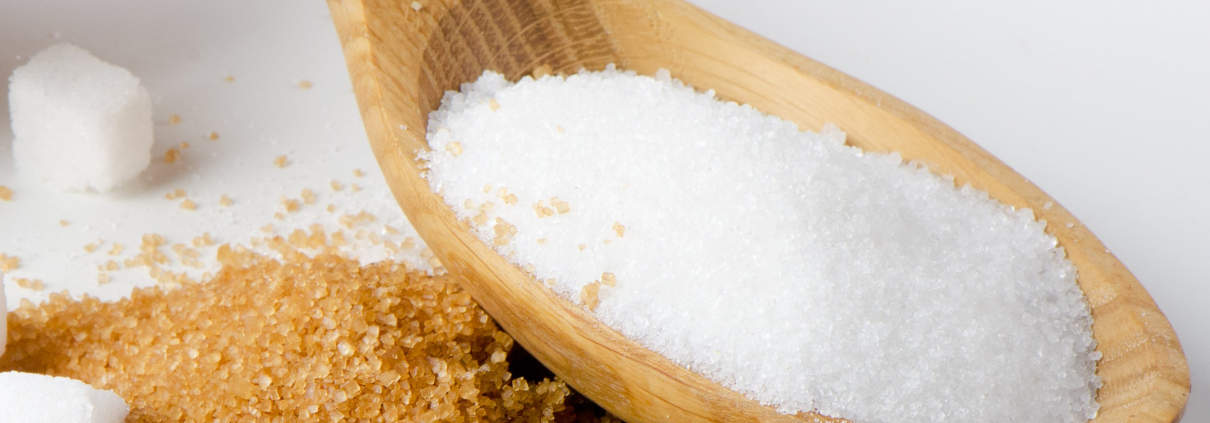What Is “Sweetness”? The Biological Drive For Sweet Taste And Role In Quality Of Life For Individuals With T1DM
Recorded July 19, 2022
IAFNS is a Continuing Professional Education (CPE) provider with the Commission on Dietetic Registration (CDR). CDR Credentialed Practitioners will receive 1.0 Continuing Professional Education Unit (CPEU) for completion of this recorded webinar until July 19, 2025.
Description: Several authorities recommend reduction or avoidance of intake of e.g., “sweet flavors”, and suggest that intake of sweet taste in the diet promotes the desire for more sweet, resulting in greater energy intakes. However, the effect of limiting sweet taste on reduction of sugars or energy intake is unknown. In addition, the role of sweetness in the context of sensory perception and the total diet is complex, and the ability to change preference for sweet remains under investigation. Given the biological drive for sweet taste, low- and no- calorie sweeteners (LNCSs) have been acknowledged as a tool for reducing the intake of total carbohydrates, and particularly added sugars, in the nutritional management of diabetes. Although water is the standard of care for individuals with diabetes, LNCSs may help to improve Quality of Life (QoL) when some sweet taste is desired. Reduced QoL can negatively affect diabetes-related outcomes. In this session, the biology of sweet taste and its role in the total diet will be reviewed. In addition, new data from a study assessing the relationship between LNCS use and QoL in adults with Type I Diabetes will be presented.
Webinar program:
Ann Coulston, MS RD FADA, Stanford University Medical Center (Retired) – Moderator
Nancy Rawson, PhD MS, Monell Chemical Senses Center
Halis Akturk, MD, Barbara Davis Center for Diabetes
Q&A and discussion
Commission on Dietetic Registration Performance Indicators:
- 4.1.2 Interprets and integrates evidence-based research and literature in decision-making.
- 6.2.5 Applies research/evidence-based findings to improve practice, service delivery, and health of customers.
- 8.1.2 Applies knowledge of food and nutrition as well as the biological, physical, and social sciences in practice.



